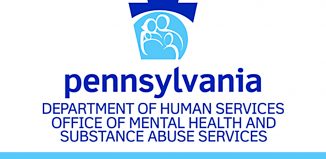DDAP Issues Report on PA’s Confidentiality Regulations, Makes Recommendations for Changes
The Pennsylvania Department of Drug and Alcohol Programs (DDAP) today announced findings from a new report highlighting the need to update existing client record policies to address barriers for individuals seeking substance use disorder (SUD) treatment and better integrate the drug and alcohol treatment system with other healthcare services.
The recommendations outlined in this report suggest a shift in Pennsylvania’s approach to confidentiality of SUD records. DDAP plans to work with the legislature to implement the following three recommendations:
- Align Pennsylvania SUD confidentiality regulations with federal regulatory language contained in 42 CFR Part 2;
- Develop resources, including informed consent trainings, on client privacy rights to ensure that all individuals who enter SUD treatment in Pennsylvania are informed of their rights over their own records; and
- Create an ombudsman or advocate position at the state level to empower individuals to report grievances if they think their data has been misused or if they feel their SUD status has resulted in discrimination.
Throughout 2020, DDAP conducted a stakeholder survey in partnership with Vital Strategies for feedback on statutes and regulations that control the management of SUD records in Pennsylvania. The new report and findings offer potential pathways for updating Pennsylvania’s SUD confidentiality policies to meet the needs of an evolving SUD service landscape that is becoming increasingly more integrated and collaborative.
Read the full press release.











